 |
 |
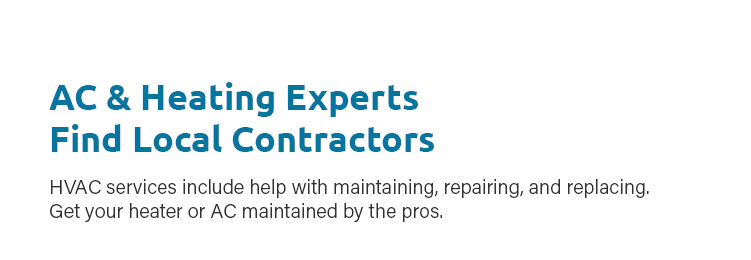 |
 |
 |
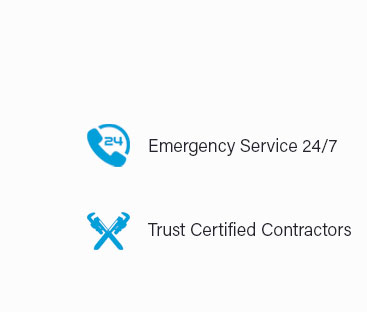 |
 |
 |
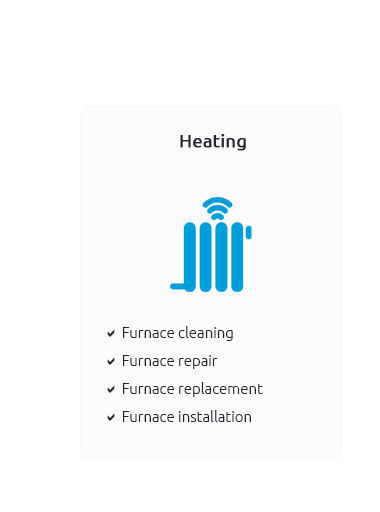 |
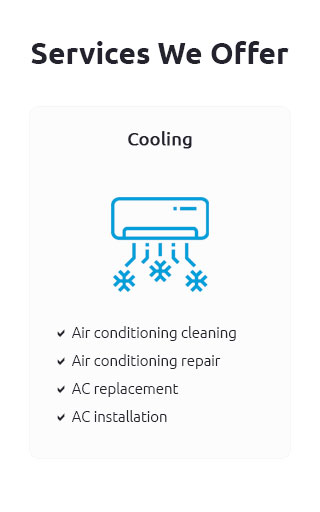 |
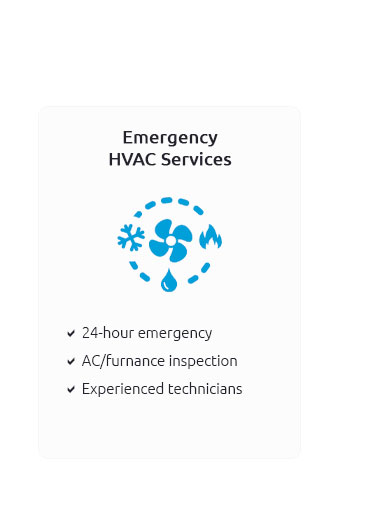 |
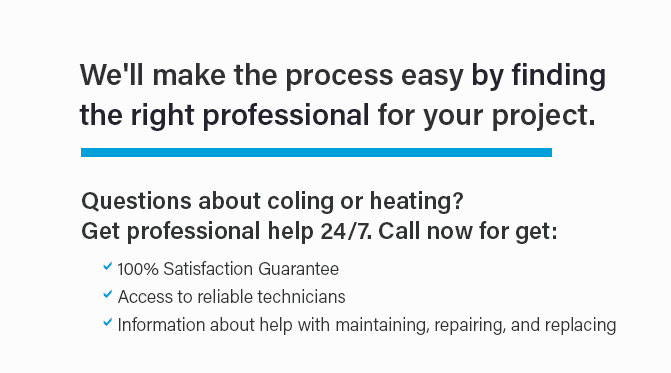 |
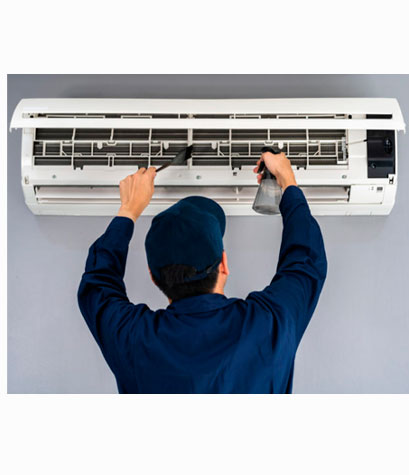 |
 |
 |
 |
Clean HVAC Coils: Essential Tips and Best PracticesMaintaining clean HVAC coils is vital for optimal system performance and energy efficiency. Dirty coils can lead to a host of problems, including reduced cooling capacity and increased energy consumption. Understanding the Importance of Clean HVAC CoilsHVAC coils play a critical role in the heating and cooling process. When they become dirty, the system must work harder to achieve desired temperatures, leading to wear and tear. Benefits of Regular Cleaning
How to Clean Your HVAC CoilsDIY Cleaning TipsFor minor cleaning, a soft brush or vacuum can remove surface debris. Always ensure the power is off before attempting any maintenance. When to Call a ProfessionalIf your system requires a thorough clean, it's best to contact a professional air conditioning inspections service. They have the tools and expertise needed to clean coils without causing damage. Common Mistakes to Avoid
FAQHow often should HVAC coils be cleaned?Typically, HVAC coils should be cleaned at least once a year. However, in areas with high pollution or dust, more frequent cleaning may be necessary. What are the signs of dirty HVAC coils?Common signs include reduced airflow, higher energy bills, and uneven cooling or heating throughout the space. Can I clean HVAC coils myself?Yes, minor cleaning can be done using a soft brush or vacuum. For deep cleaning, it's advisable to hire professionals, such as those from a furnace cleaning service. Ensuring that your HVAC coils remain clean is a crucial aspect of maintaining your system's efficiency and longevity. Regular inspections and cleanings can prevent common issues and promote optimal performance. https://www.tradesmance.com/career-central/how-to-clean-air-conditioner-coils
Like with the evaporator coil, start with a soft brush or shop vac to remove dirt and debris from the coils, but also clean the base of the condenser unit. https://www.diychatroom.com/threads/how-to-clean-this-evaporator-coils.749939/
Coils are generally Aluminum nowadays and they do not like minerals. Spray on allow to drip to the pan. Then I use a soft vacuum brush to gently ... https://community.sense.com/t/clean-your-a-c-condenser-coils/17407
Adding a little more. When cleaning the coils be very careful not to bend the fins. Whatever you do DO NOT use a pressure washer, high powered ...
|